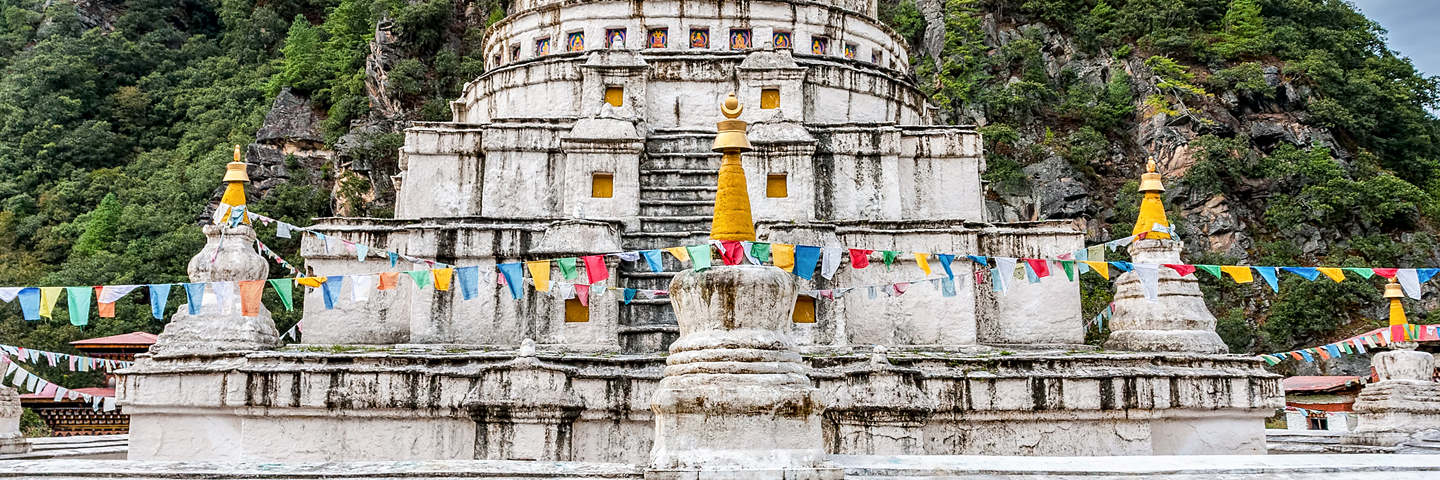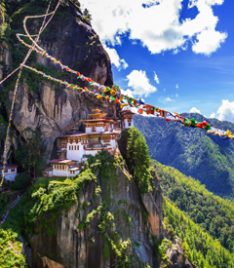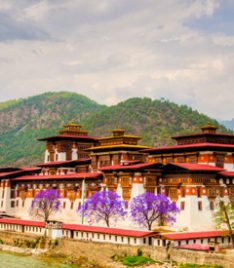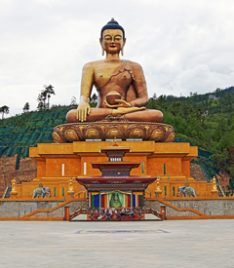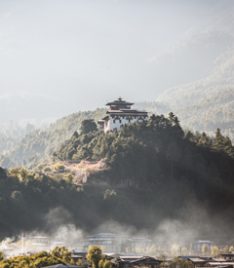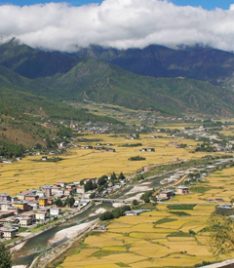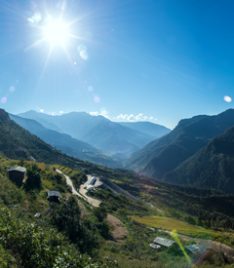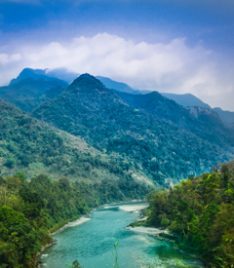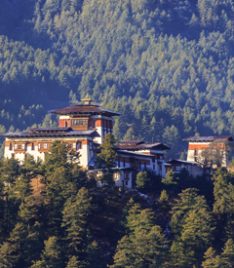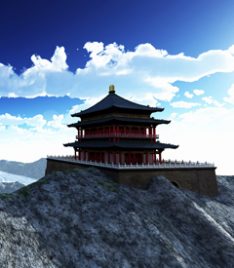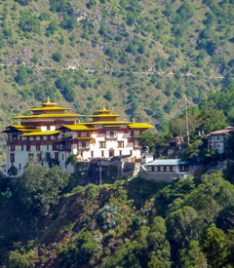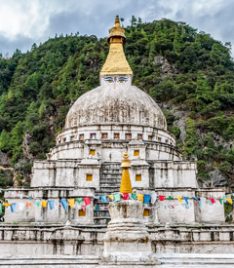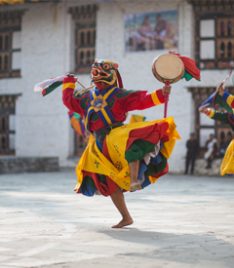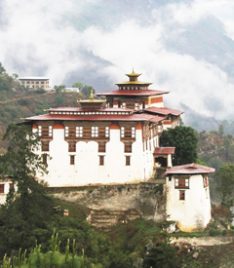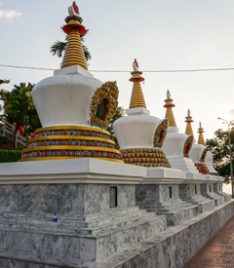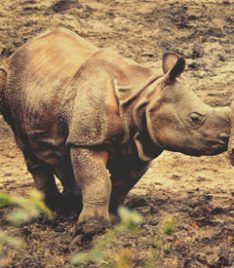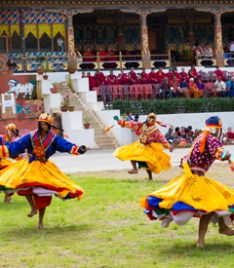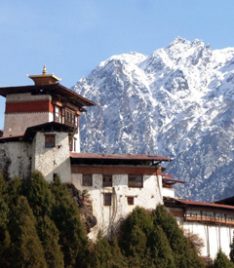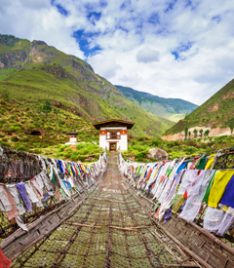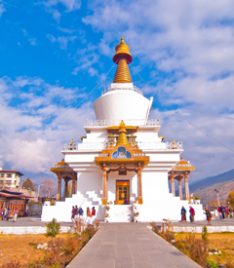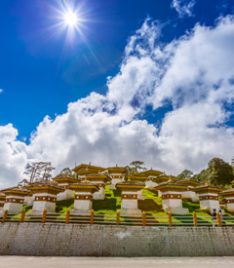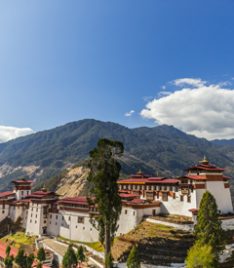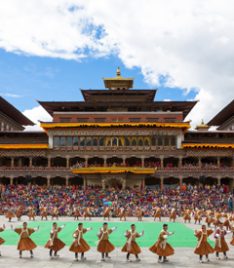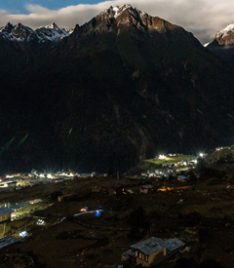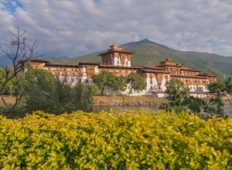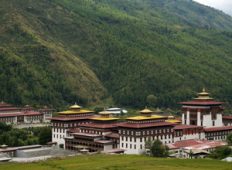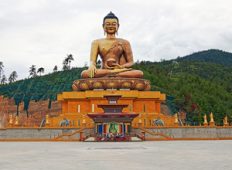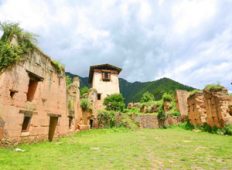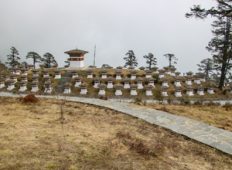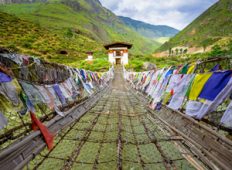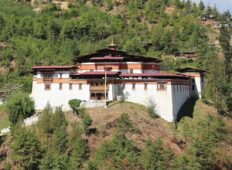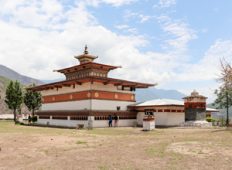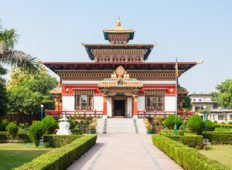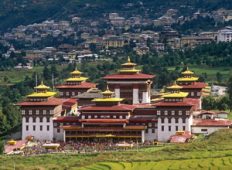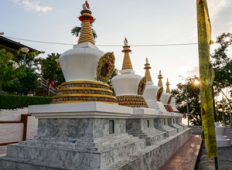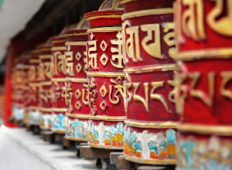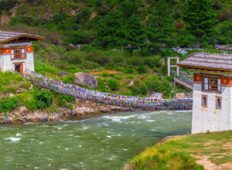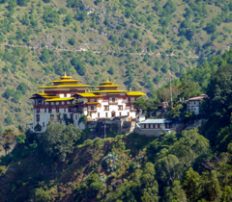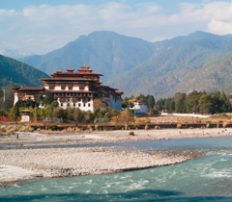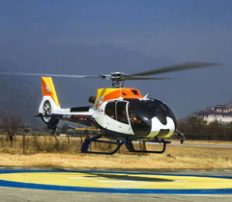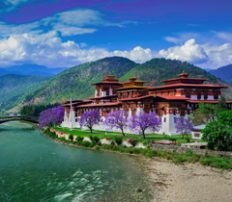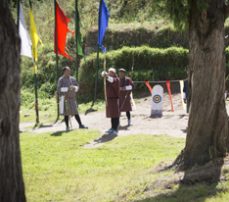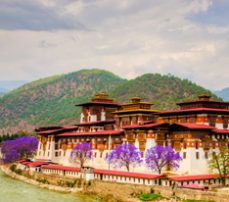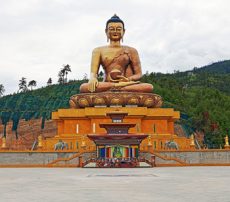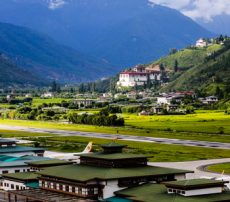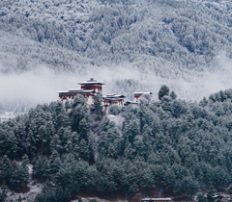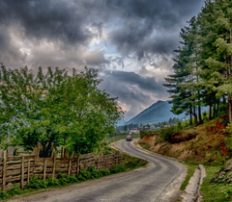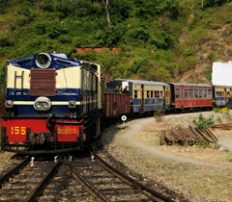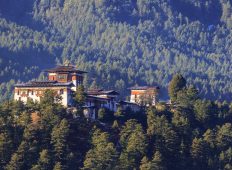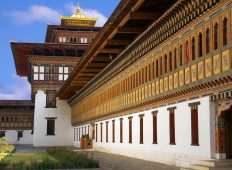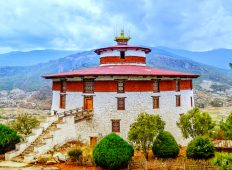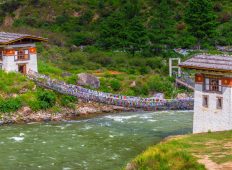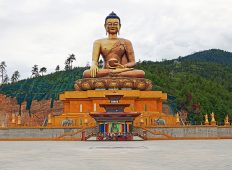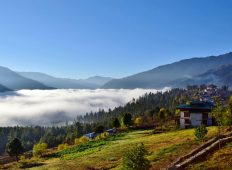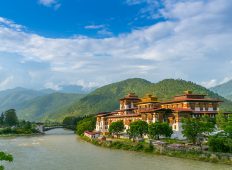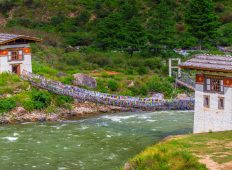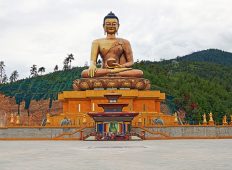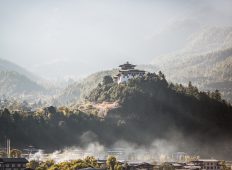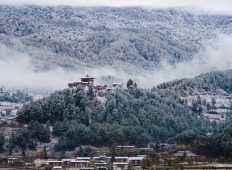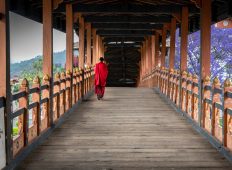Trashi Yangtse – The Newest Gem in Bhutan
Trashi Yangtse or ‘Trashiyangtse’ or ‘Tashi Yangtse’ is a beautiful town in the Trashiyangtse district that was established in 1992. Seated at an elevation of 1,750-1,880m, this Bhutanese town is a true mix of many ethnic groups. A visit to Trashi Yangtse would introduce you to a world showcasing cultures and traditions of the ethnic Tshanglas, Bramis (who hails from Tawang), Khengpas (who hails from Zhemgang), and Kurtoeps (who hails from Lhuntse).
Also, due to this exquisite mix of different cultures and groups, you can find multiple languages prevailing in this region. Bumdeling, Tosetsho Gewgos and Dzala are spoken in the north. In south, locals mostly speak Tshangla, and in south, people use Jamkhar, Khamdang and Ramjar Gewogs.
Besides the rich heritage and culture, Trashi Yangtse is also known for its skilled woodworks and paper making techniques. Locals in this region are often revered as expert craftsmen, and they excel in making traditional wooden bowls. The region also houses the much-acclaimed School of Traditional Arts that teaches six different types of art forms – painting, wood sculpture, embroidery, pottery, lacquer-work, and wood turning.
Kulong Chhu Wildlife Sanctuary and Bumdeling Wildlife Sanctuary are two of the main wildlife protected areas in Trashi Yangtse that attracts many nature and wildlife lovers to this town.
Best Time to Visit Trashi Yangtse: Spring (March to May) and Autumn (September to November)
How to Reach Trashi Yangtse
By Air
Since Paro International Airport is the sole international airport in Bhutan, you can book your air tickets from India to this airport in order to reach Trashi Yangtse by air. However, while booking your air tickets to Paro, please ensure that you fly from only from these Indian airports: Indira Gandhi International Airport in Delhi, Netaji Subhash Chandra Bose International Airport in Kolkata, Bodhgaya Airport in Gaya (Bihar), Bagdogra Airport in Siliguri (West Bengal), and Lokpriya Gopinath Bordoloi International Airport in Guwahati (Assam).
Upon arrival in Paro, you can take a road journey to finally reach Trashi Yangtse by road.
By Train
As West Bengal and Assam are the two closest Indian states to Bhutan, you can partially undertake a train journey to either of these two states from across India to reach Trashi Yangtse by train. New Jalpaiguri, Hasimara, New Alipurduar, and Siliguri Town in West Bengal, and Bongaigaon in Assam would be the ideal railway stations to reach Trashi Yangtse by train.
If you are booking trains to West Bengal, you should embark on a road journey to Jaigaon town, from where you can enter Bhutan through the Phuentsholing town, and finally reach Trashi Yangtse by road. In case, you want to book trains to Assam, you should deboard the train at Bongaigaon Railway Junction, and continue driving towards Gelephu in Bhutan. From Gelephu, you can avail local transportations to reach Trashi Yangtse by road.
By Road
Jaigaon town in West Bengal’s Alipurduar district is the closest Indian town to Phuentsholing in Bhutan. From Jaigaon, you can enter Bhutan, and drive another 229km (around 5 Hours) to reach Trashi Yangtse by road.
From Bongaigaon, you should first take a quick drive to Gelephu, which is around 50km (1 Hour) from Bongaigaon town. From Gelephu, you can drive through the Bhutanese terrains to reach Trashi Yangtse by road; the journey would be of 141km (3 Hours).
Places to Visit in Trashi Yangtse
Zorig Chusum
Bomdeling Wildlife Sanctuary
Chorten Kora
Rigsum Ggonpa
Kulong Chhu Wildlife Sanctuary
Bumdeling Wildlife Sanctuary
Things to Do in Trashi Yangtse
Cultural tours
Historical tours
Heritage walks
Monastery visits
Attend Chorten Kora Festival (February)
Get Instant Call Back
Why Choose us ?
What makes us diffrent from other tour package companies


